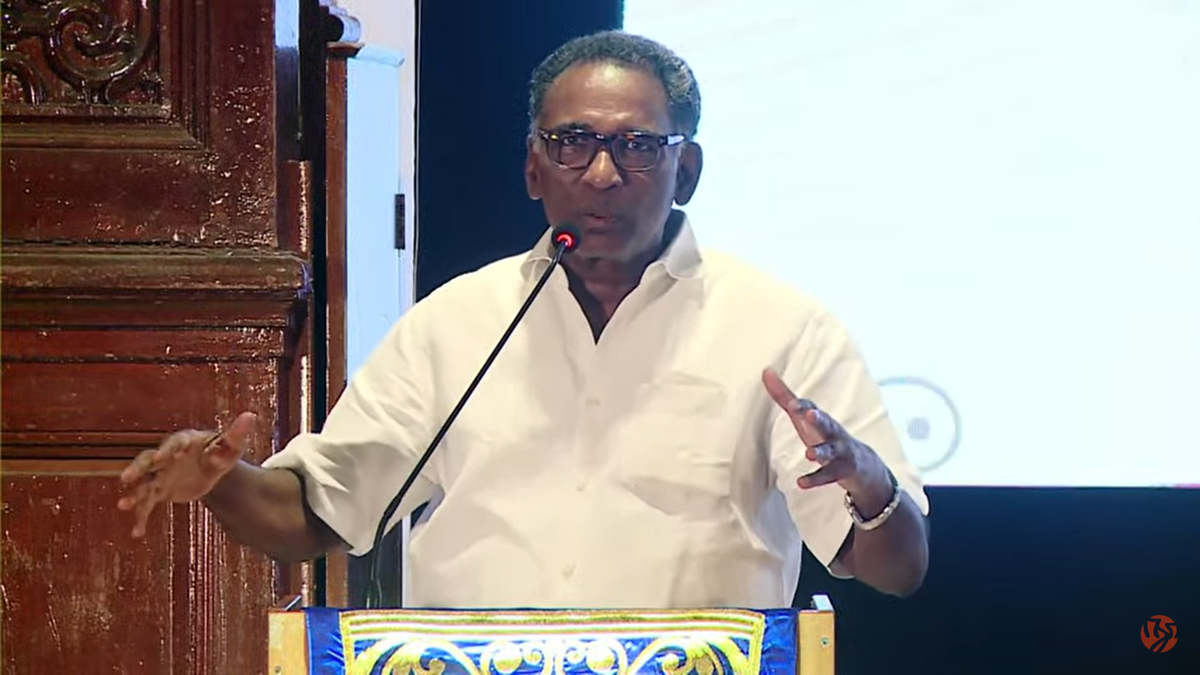NEW DELHI: Ten years after initiating proceedings on a PIL seeking DNA profiling of all unidentified bodies, the Supreme Court was back at square one as it sought Union government‘s response afresh on a PIL on the same issue – DNA profiling of unidentified bodies – after being told that a bill on this subject has been withdrawn from Parliament.
In 2014, the SC had issued notices to ministry of home affairs, CBI and secretary, department of scientific and industrial research on a PIL by Lokniti Foundation, which had said that absence of a national DNA database is impeding identification of nearly 40,000 bodies that are found across the country every year.
After dealing with the PIL for four years, the SC on May 1, 2018 had disposed of the PIL as government had then promised to bring a bill in the monsoon session of Parliament for DNA profiling to enable maintaining records of unidentified and unclaimed bodies or missing persons.
Government did introduce a bill on use of DNA technology in 2018 and it was passed by the Lok Sabha. However, it lapsed in 2019 and a new bill on this subject was re-introduced in July 2019. It was sent to the standing committee. During the pendency of the DNA bill, Parliament enacted Criminal Procedure (Identification) Act, 2022 which authorised police and prison authorities to collect biological samples, including DNA, of persons arrested, detained, under-trial or convicted in a criminal case.
On July 24 last year, government withdrew from Lok Sabha the DNA Technology (Use and Application) Regulation Bill, 2019, citing the enactment of the 2022 law. But Congress and opposition parties had criticised the move saying the BJP-led NDA government did not want to incorporate the privacy safeguards suggested by the standing committee.
On Tuesday, a bench of Chief Justice D Y Chandrachud, and Justices J B Pardiwala and Manoj Misra sought response from government on a PIL filed by advocate Kishan Chand Jain, seeking use of DNA technology to profile unidentified bodies to help relatives identify their near and dear ones who had gone missing.
However, before entertaining the PIL, the bench observed that whether to enact a law is completely within the prerogative of Parliament and the courts cannot intervene in this field. To this, Jain said that he was not on the issue of directing the government to move a bill to this effect, but on use of DNA technology to make it easier for relatives to identify a body.
In 2014, the SC had issued notices to ministry of home affairs, CBI and secretary, department of scientific and industrial research on a PIL by Lokniti Foundation, which had said that absence of a national DNA database is impeding identification of nearly 40,000 bodies that are found across the country every year.
After dealing with the PIL for four years, the SC on May 1, 2018 had disposed of the PIL as government had then promised to bring a bill in the monsoon session of Parliament for DNA profiling to enable maintaining records of unidentified and unclaimed bodies or missing persons.
Government did introduce a bill on use of DNA technology in 2018 and it was passed by the Lok Sabha. However, it lapsed in 2019 and a new bill on this subject was re-introduced in July 2019. It was sent to the standing committee. During the pendency of the DNA bill, Parliament enacted Criminal Procedure (Identification) Act, 2022 which authorised police and prison authorities to collect biological samples, including DNA, of persons arrested, detained, under-trial or convicted in a criminal case.
On July 24 last year, government withdrew from Lok Sabha the DNA Technology (Use and Application) Regulation Bill, 2019, citing the enactment of the 2022 law. But Congress and opposition parties had criticised the move saying the BJP-led NDA government did not want to incorporate the privacy safeguards suggested by the standing committee.
On Tuesday, a bench of Chief Justice D Y Chandrachud, and Justices J B Pardiwala and Manoj Misra sought response from government on a PIL filed by advocate Kishan Chand Jain, seeking use of DNA technology to profile unidentified bodies to help relatives identify their near and dear ones who had gone missing.
However, before entertaining the PIL, the bench observed that whether to enact a law is completely within the prerogative of Parliament and the courts cannot intervene in this field. To this, Jain said that he was not on the issue of directing the government to move a bill to this effect, but on use of DNA technology to make it easier for relatives to identify a body.






